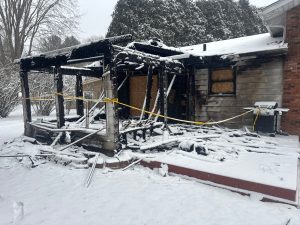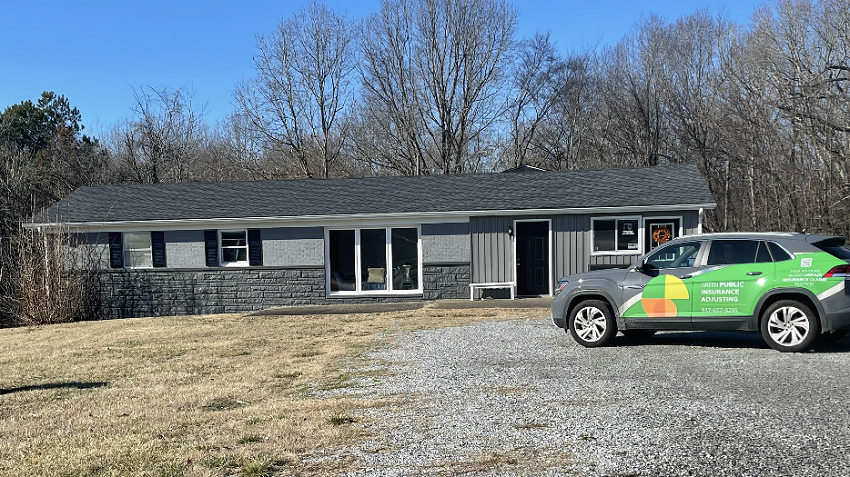The public insurance adjusting profession is continually evolving. Too often find themselves caught between two camps: those who value real-world, boots-on-the-ground field experience, and those who emphasize formal credentialing, continuing education, and desk-based expertise. Who has time to spend on theoretical training and testing when clients, attorneys and insurance claim adjusters are ever-present in the background?
This tension, while natural in any maturing profession, raises an important question: What combination of knowledge and experience yields the most effective, productive, and accountable public adjuster?
The Value of Credentialing and Continuing Education
Credentialing and ongoing education offer numerous advantages to both new and seasoned public adjusters. Certifications such as CCP (Certified Claims Professional), CPAU (Certified Property Appraiser and Umpire), CLMP (Certified Litigation Management Professional), and Xactimate pricing credentials help formalize a professional’s knowledge of:
- Insurance policy interpretation
- Advanced estimating software and pricing accuracy
- Legal and regulatory frameworks across jurisdictions
- Ethical standards and professional responsibility
- Industry-recognized best practices
Continuing education ensures that adjusters remain current on state-level changes, national legislation (such as the NCOIL Model Acts), evolving case law, technology tools, and trends in insurance carrier behavior.
Moreover, credentialing adds credibility when working with attorneys, engineers, appraisers, and even policyholders. It can foster client confidence and demonstrate a commitment to excellence.
The Power of Field Experience
At the same time, there is no substitute for time spent on-site: inspecting damage, climbing roofs, identifying covered vs. uncovered losses, and interfacing with policyholders in their most vulnerable moments. Field experience cultivates:
- Strong observational and documentation skills
- Practical knowledge of material failure, code compliance, and sequencing of repairs
- Greater rapport with contractors and tradespeople
- Real-time decision-making in complex or high-pressure situations
- A deeper understanding of how claims are built from the ground up
Public adjusters with strong field backgrounds often bring invaluable insights that cannot be replicated in a textbook or Zoom seminar.
Does One Trump the Other?
It’s tempting to pit education against experience—but in reality, the most effective public adjusters are those who integrate both. A field adjuster without continuing education may become outdated in their pricing knowledge or unaware of legislative developments. Conversely, a credentialed desk-based adjuster without field experience may misinterpret scope issues, fail to recognize repair complexity, or lack empathy in dealing with distressed policyholders.
The best professionals seek balance—and firms that blend roles (claims assistant, field inspector, estimator, appraiser, consultant) provide room for growth across all domains.
Recommendations for Public Adjuster Excellence
To promote effectiveness, productivity, and accountability, here are five key recommendations:
1. Invest in Cross-Training
Encourage all adjusters to spend time in the field and in continuing education. This hybrid approach ensures well-rounded expertise.
2. Set Continuing Education Goals
Create a quarterly or annual goal for CEUs, with incentives for completing certifications relevant to your firm’s specialty.
3. Encourage Mentorship
Pair newer credentialed adjusters with experienced field pros to learn practical claim development—and vice versa.
4. Track Performance with KPIs
Use key performance indicators (claim duration, settlement accuracy, customer satisfaction) to evaluate adjusters beyond resumes or titles.
5. Stay Regulatory-Aware
Educate the team about evolving laws (e.g., NCOIL’s 2024 Public Adjuster Professional Standards Reform Model Act) and how they affect claim handling, client contracts, and disclosures.
Closing Thoughts
Credentialing and experience are not mutually exclusive—they are complementary pillars of a maturing profession. As the landscape of property claims becomes more litigious, regulated, and technologically driven, the public adjusters who thrive will be those who blend the wisdom of the field with the sharpness of study. They will not only resolve claims but do so with confidence, competence, and credibility.





